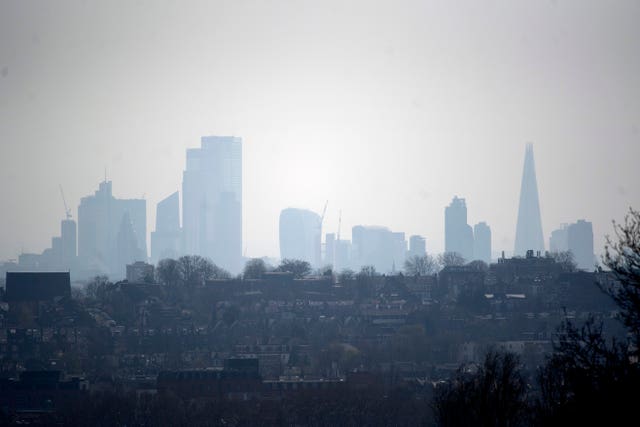
An increase in diesel car sales was an “unintended consequence” of a government policy designed to discourage driving, an inquest into the death of an asthmatic child has heard.
Nine-year-old Ella Kissi-Debrah died in February 2013 after suffering numerous seizures and making 27 visits to hospital with breathing problems over the previous three years.
An inquest ruling from 2014 that found she died of acute respiratory failure was quashed by the High Court following new evidence about the dangerous levels of air pollution close to her home, which was near the South Circular Road in Lewisham, south-east London.
On Thursday, a fresh inquest was told that diesel vehicles emit less carbon dioxide, but emit proportionally more nitrogen dioxide and particulates, compared to petrol cars.
A 1993 report for the then-Department of the Environment which was shown to the inquest indicated that an increase in diesel would have a “deleterious effect upon urban air quality”.
Richard Hermer QC, representing Ella’s family, said: “Looking at this 1993 report through 2020 eyes, it appears highly prescient.”
The inquest heard that sales of diesel vehicles increased from 18% of the national fleet in 2001 to 51% in 2012.
Greg Archer, an independent consultant and UK director of the NGO Transport and Environment, told the inquest the Government had not promoted diesel vehicles.
He said: “There has been an urban myth developed that governments promoted diesel, I don’t believe the UK government did promote these.
“The UK government promoted lower CO2 vehicles and they did that through a range of approaches.
“What that led to was more diesel vehicles, but I don’t enliven it was ever the Government’s intention to actively promote diesel.”

Mr Archer later said that a government policy designed to discourage people from driving was a factor in the increase of diesel vehicles.
Between 1993 and 1999, the Government increased the price of fuel more than the rate of inflation, meaning the UK had some of the highest fuel prices in Europe.
He said: “That policy was designed to discourage people from driving, reducing emissions from vehicles overall, but one of the unintended consequences of that policy was that it did lead to more people with a car choosing diesels because the diesels were more fuel-efficient and therefore the running costs of those vehicles were lower.”
Thursday’s hearing also heard evidence from Dr Bob Moran, deputy director and head of environmental strategy at the Department for Transport.
Dr Moran said the UK government was aware of a discrepancy between laboratory emissions testing and real-world driving emissions since at least 2004.
He added that the scale of the difference was not properly known until 2016, following the Volkswagen emissions scandal, which he termed “dieselgate”.
But Mr Hermer suggested that the “significant negative impact” of diesel emissions was also known earlier.
Dr Moran denied this.
The inquest adjourned until Friday.


Comments: Our rules
We want our comments to be a lively and valuable part of our community - a place where readers can debate and engage with the most important local issues. The ability to comment on our stories is a privilege, not a right, however, and that privilege may be withdrawn if it is abused or misused.
Please report any comments that break our rules.
Read the rules here